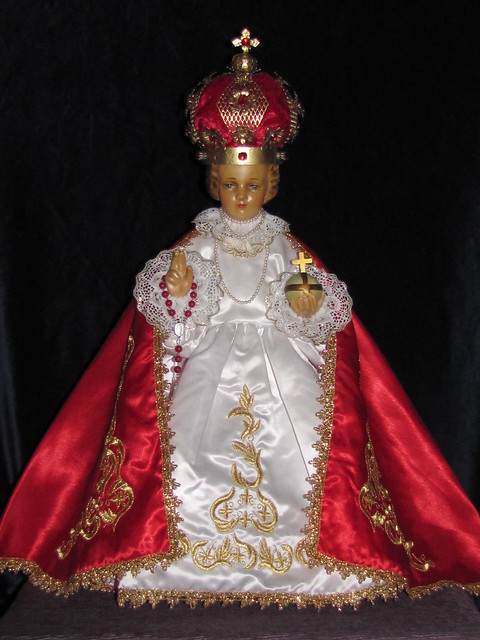Rouse yourself and get ready!
Carrying on as usual is simply not possible any more!
This Sunday is the first Sunday of Advent and, as we leave
ordinary time, our readings this week call us to a new and radical
awareness: we are entering a new age and
we need to be ready, now, to do
so. In our first reading, the prophet
Isaiah calls the people of Israel to be open, to listen, to hear the promise of
what is to come. Jerusalem, he tells
them, will soon be a different nation, one in which there is no more need for
weapons, but rather radical transformation: their spears and swords will be
turned into pruning hooks and plowshares, a change that signals a new
sense of being, one lived in peace and justice in the divine presence, so that
the nations might be drawn to the city, as we hear in Psalm 122, where the
pilgrimage to the Holy City is marked by rejoicing, and by joy.
In Matthew’s Gospel, Jesus similarly admonishes his
disciples to stay awake, and be prepared! This passage, taken from late in the gospel,
is meant to prepare them for Jesus’s Passion, for the agony in the garden and
his arrest. Jesus gives them multiple
examples that demonstrate the need to be aware:
Noah, one of the men in the field, one of the women at the mill. Carrying on as before is no longer
feasible: something radical has happened
(Jesus’s coming) and something even more radical is going to happen (his death & rising), and it
will radically change how they understand themselves. And by the time Paul is writing to the
Romans, a new light has dawned: Let us
throw off the works of darkness and put on the armor of light, he tells
them. In other words, wake up!
Jesus has shown us the path and
we must walk it: we who believe know who
Jesus is, what he came to represent and to reveal, and we can no longer dwell
in the darkness of our present age.
Advent begins this Sunday!
We are entering a new age, an age of Light. Are we
prepared? Are we ready for the
Incarnation, and, eventually, perfect union with God? Wake up!
This post is based on Fr. Pat's Scripture class.
Photo source





